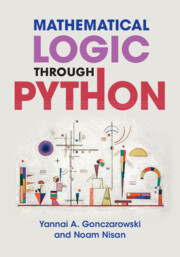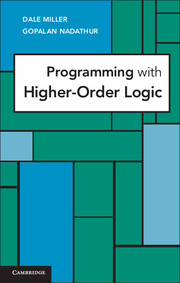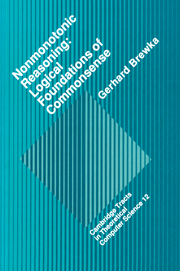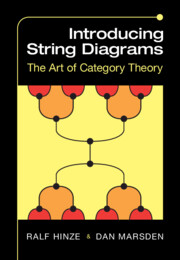Lectures on the Logic of Computer Programming
This monograph deals with aspects of the computer programming process that involve techniques derived from mathematical logic. The author focuses on proving that a given program produces the intended result whenever it halts, that a given program will eventually halt, that a given program is partially correct and terminates, and that a system of rewriting rules always halts. Also, the author describes the intermediate behavior of a given program, and discusses constructing a program to meet a given specification.
Product details
February 1987Paperback
9780898711646
53 pages
255 × 179 × 8 mm
0.12kg
This item is not supplied by Cambridge University Press in your region. Please contact Soc for Industrial null Mathematics for availability.
Table of Contents
- Partial correctness: Invariant method
- Subgoal method
- Subgoal method versus invariant method
- Termination: Well-founded ordering method
- The multiset ordering
- Total correctness
- Intermittent method
- Systematic program annotation
- Range of Individual variables
- Relation between variables
- Control invariants
- Debugging
- Termination and run-time analysis
- Synthesis of programs: The weakest precondition operator
- Transformation rules
- Simultaneous-goal principle
- Conditional- formation principle
- Recursion-formulation principle
- Generalization
- Program modification
- Comparison with structured programming
- Termination of production systems: Examples: associativity
- Example: distribution system
- Differentiation system
- Nested multisets.






